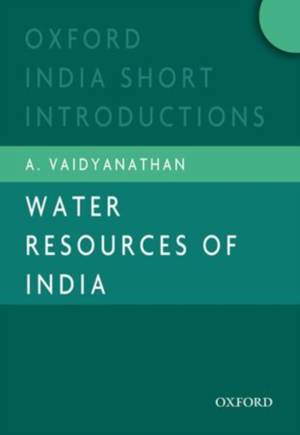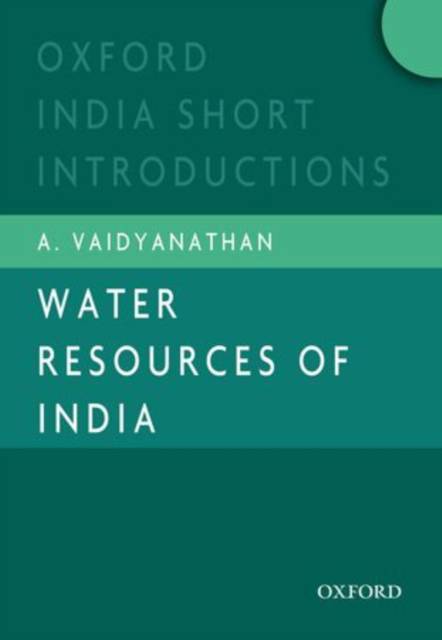
Door een staking bij bpost kan je online bestelling op dit moment iets langer onderweg zijn dan voorzien. Dringend iets nodig? Onze winkels ontvangen jou met open armen!
- Afhalen na 1 uur in een winkel met voorraad
- Gratis thuislevering in België vanaf € 30
- Ruim aanbod met 7 miljoen producten
Door een staking bij bpost kan je online bestelling op dit moment iets langer onderweg zijn dan voorzien. Dringend iets nodig? Onze winkels ontvangen jou met open armen!
- Afhalen na 1 uur in een winkel met voorraad
- Gratis thuislevering in België vanaf € 30
- Ruim aanbod met 7 miljoen producten
Zoeken
Omschrijving
The Oxford India Short Introductions are concise, stimulating, and accessible guides to different aspects of India. Combining authoritative analysis, new ideas, and diverse perspectives, they discuss subjects which are topical yet enduring, as also emerging areas of study and debate. Increasing population pressure along with improved technology has led to a phenomenal expansion in groundwater extraction in the second-half of the 20th century. This, along with climate change caused by global warming, means that water utilization has outstripped its supply in many regions or is in the danger of doing so. Because of its warmer climate and high seasonal and regional concentration of rainfall, preceded and followed by long dry seasons, India's need to tap its renewable supplies is even greater. Drawing on global and Indian literature as well as field studies, this Short Introduction provides a holistic analysis of water-related issues, identifies the shortcomings in the present water governance system, and suggests effective solutions for the way forward. The author shows how the fuzziness of rules governing water allocation and use and their lax enforcement have induced widespread unauthorized extraction of water and encouraged its wasteful and inefficient use. He argues that in order to arrest and reverse these trends a radical change in strategy and policy is required with a shift in focus from merely supply augmentation to encouraging civil participation, water governance reforms, and incentives for efficient water use.
Specificaties
Betrokkenen
- Auteur(s):
- Uitgeverij:
Inhoud
- Aantal bladzijden:
- 224
- Taal:
- Engels
- Reeks:
Eigenschappen
- Productcode (EAN):
- 9780198090427
- Verschijningsdatum:
- 5/05/2013
- Uitvoering:
- Paperback
- Formaat:
- Trade paperback (VS)
- Afmetingen:
- 127 mm x 183 mm
- Gewicht:
- 181 g

Alleen bij Standaard Boekhandel
+ 22 punten op je klantenkaart van Standaard Boekhandel
Beoordelingen
We publiceren alleen reviews die voldoen aan de voorwaarden voor reviews. Bekijk onze voorwaarden voor reviews.











